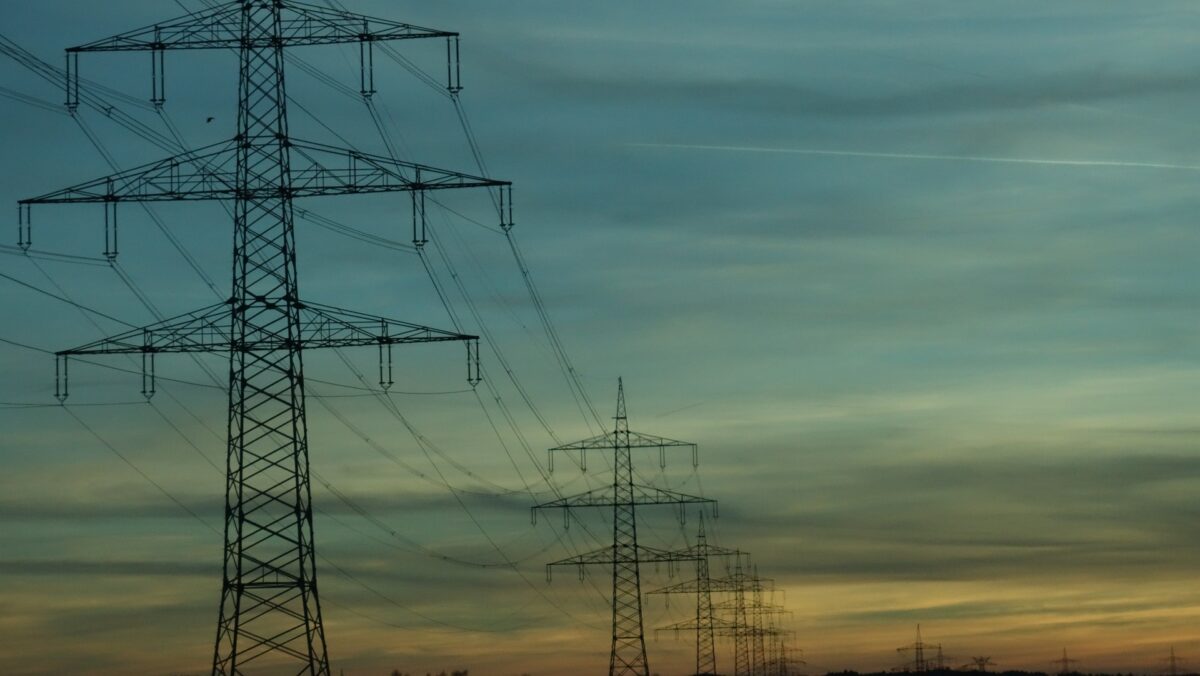From pv magazine USA
The Public Advocates Office (PAO) for the California Public Utilities Commission (CPUC) has proposed adding a monthly fixed charge on electric utility bills based on income level. The proposed rate change aims to lower bills for the lowest-income residents, while aligning billing more directly with utility costs.
Under the PAO's recommended Income Graduated Fixed Charge, customers not enrolled in the California Alternative Rates for Energy (CARE) program would be charged fees ranging from $22 to $42 per month, depending on their territory. CARE customers would be charged between $14 and $22 a month, depending on income level and territory.
For households earning $50,000 or less per month, the fixed charge would be $0, but only if the California Climate Credit is applied to offset the fixed charge. Meanwhile, the PAO proposal lowers usage-based electricity rates. Average rates would be reduced by 16% to 22% for the three major investor-owned utilities.
The lowest-income Californians are expected to save about $10 to $20 a month under the proposal, while middle-income customers may see their costs rise by about $20 a month. The PAO said it expects that the vast majority of low-income customers (earning $50,000 or less per year) will see their monthly bills decrease by $10 or more, while a small proportion of the highest income earners (earning $100,000-ülus per year) will see their monthly bills rise by $10 or more.
The proposed charges aim to help suppress rising rates for electricity generation and transmission, which are among the highest in the country. Rates are expected to continue to rise sharply as wildfire mitigation efforts are implemented by utilities found at fault for their origin.
“We are very concerned. We do not see the increases stopping at this point,” Linda Serizawa, deputy director for energy, PAO, told pv magazine. “In fact we think the pace and scale of the [rate] increases is growing faster than we would have anticipated, for several years now.”
To continue reading, please visit our pv magazine USA website.
This content is protected by copyright and may not be reused. If you want to cooperate with us and would like to reuse some of our content, please contact: editors@pv-magazine.com.




4 comments
By submitting this form you agree to pv magazine using your data for the purposes of publishing your comment.
Your personal data will only be disclosed or otherwise transmitted to third parties for the purposes of spam filtering or if this is necessary for technical maintenance of the website. Any other transfer to third parties will not take place unless this is justified on the basis of applicable data protection regulations or if pv magazine is legally obliged to do so.
You may revoke this consent at any time with effect for the future, in which case your personal data will be deleted immediately. Otherwise, your data will be deleted if pv magazine has processed your request or the purpose of data storage is fulfilled.
Further information on data privacy can be found in our Data Protection Policy.